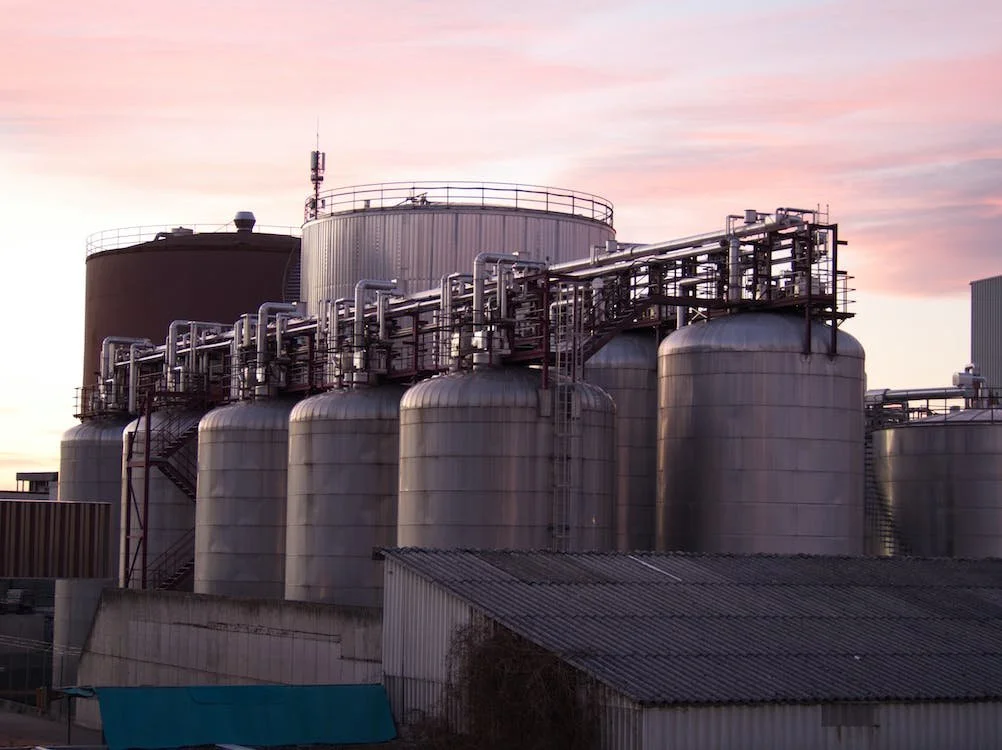Opportunities on the horizon for Pennsylvania’s energy sector | Opinion
Over the next few years, the Keystone State is in a unique position to lead the northeast on pressing energy issues. Between 2011 and 2020, exploration of the Marcellus Shale more than quadrupled the state’s natural gas reserves, firmly cementing Pennsylvania as a key cog in our nation’s energy engine.
However, the new Democratic Administration in Harrisburg could jeopardize this energy boom in our state and the numerous jobs it has created. It is timely and appropriate to now engender a truly bipartisan energy policy which will combine the interests of the industry and the workers within it.
Gov. Josh Shapiro has a history of promoting policies that undermine the oil and gas industry in Pennsylvania and the economic benefits it has brought to the commonwealth. Unfortunately, he seems poised to take up the mantle once again.
On the campaign trail, he supported more stringent regulations on a sector already hamstrung by red tape. While many environmental groups are pressing Shapiro to continue the trends he set as a prosecutor, he should be cautious in granting their requests as he is also undoubtedly aware of the pivotal role natural gas plays in both the national market and the state’s economy.
Given the purple political environment of Pennsylvania, and the fact that control of state government is mixed between the two parties, the governor will have to work with Republicans in the state legislature on bipartisan issues.
State Sen. Camera Bartolotta (R-46), who represents the southwest corner of our state, and the Washington County Chamber of Commerce are examples of potential partners the governor could work with on such issues. An all-of-the-above energy policy seems the most likely path for the administration to achieve bipartisan consensus and to balance a desire for economic growth with the push for a greener energy future. In that same vein, here are two avenues that Gov. Shapiro should pursue.
First, when the bipartisan infrastructure law (BIL) passed last November, it contained $8 billion in funding to establish six to ten clean hydrogen hubs across the country. Gov. Tom Wolf made it a top priority of his to position Pennsylvania for this funding, signing House Bill 1059 into law in November, which provides significant tax credits to an entity that gets approved for a regional hydrogen hub. However, reliable energy is needed to produce this hydrogen, with nuclear, oil and gas, and/or renewables as the most common sources of power.
In the BIL, two of the hubs are intended to be in areas with the “greatest natural gas resources” as blue hydrogen – one of the types of hydrogen these clean hydrogen hubs can create – is produced using natural gas. As the second largest producer of natural gas in the country, Pennsylvania is poised to take advantage of this opportunity.
Both environmentalists and those who benefit from Pennsylvania’s traditional energy industry should both be in favor of such a project. Not only does this project capture and store carbon emissions underground, using carbon capture, utilization and sequestration (CCUS) technology, but blue hydrogen also provides a path towards limiting emissions while expanding on an already robust natural gas industry. The Shapiro administration should seize this opportunity.
Second, it has become obvious that the combination of inflation and Russia’s invasion of Ukraine has caused enormous volatility in the global energy market. As one of the largest producers in the country, Pennsylvania has an obligation to facilitate our nation’s energy security and can also support that of our European allies.
A proposed Liquid Natural Gas (LNG) export facility in Southeast Pennsylvania will make significant steps towards securing energy security, benefitting trade union workers and the local economy. State Rep. Martina White (R-Philadelphia) recently had a bill signed into law establishing a taskforce to study obstacles that would prevent Philadelphia from becoming a leader in LNG exports.
Gov. Shapiro should recognize the opportunity the state has to become a global leader in LNG exports. A combination of blue hydrogen hubs utilizing existing natural gas infrastructure, and a future export facility can help reduce emissions, and provide our European allies with much needed fuel in the wake of their split from Russia.
It is yet to be seen how exactly Gov. Shapiro will approach this unique opportunity. For our economy and Pennsylvania’s energy security, natural gas will have to play a significant role. Supporting these infrastructure projects should be at the top of his priority list.

